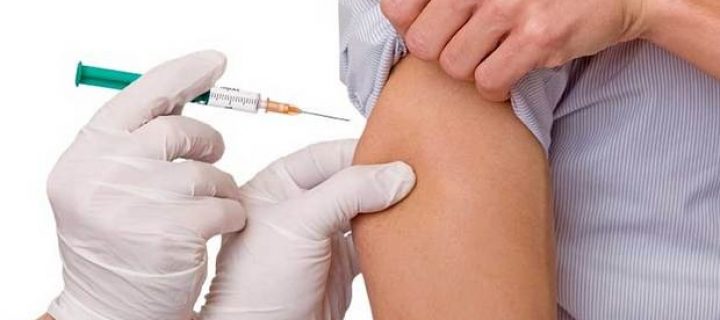Some adults presently need a booster to protect themselves.
Measles cases are at a 9-year reported high right now in the United States. The Centers for Disease Control and Prevention (CDC) report 704 cases so far in 2019, and it’s only April.
Looking back at 2010, there were only 63 reported cases of the illness in the country throughout the entire year. Yes, you could say the situation should be ringing alarm bells.
What can you do? You can avoid contracting the measles by getting the vaccination.
Children receive this through two doses of the MMR (measles, mumps, rubella) vaccine. The first comes between 12 and 15 months of age, and the second dose is administered between 4 and 6 years of age. (Talk to your doctor!)
But adults can also benefit from the vaccine. If you’ve never been vaccinated and wish to be, contact your doctor. In most cases, they can administer it.
Related: The Problem With Measles Making a Comeback
As William Schaffner, a professor at Vanderbilt University and an infectious disease and vaccine expert told NPR, “There’s no downside to getting a dose of measles vaccine. If you’re [already] protected, it won’t help much, but it won’t harm you. And if you happen to be susceptible, it will give you over 90 percent protection.”
Adults who have already been vaccinated may also consider getting a shot. A booster could be needed. According to the CDC, if you were born before 1968 and received a measles vaccine, you got an early version made from an inactivated, or killed, virus that was ineffective. It was administered from 1963 to 1967.
Children, especially infants, can experience severe complications from the measles, such as pneumonia and swelling of the brain. Adults are even more likely to develop these, and so taking all precautions is wise.
For more on adults and measles vaccinations, click here.











